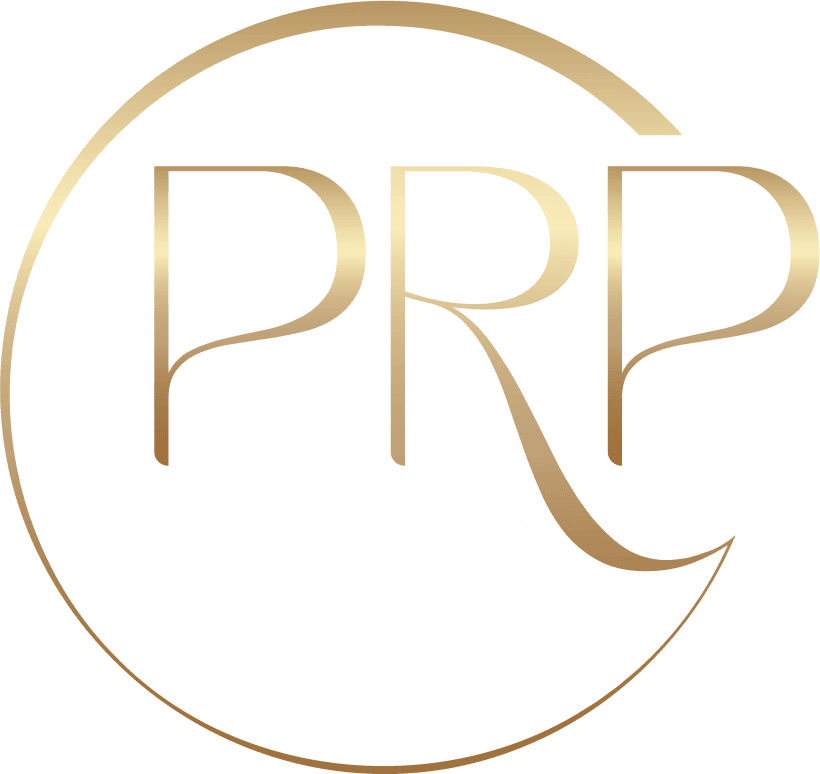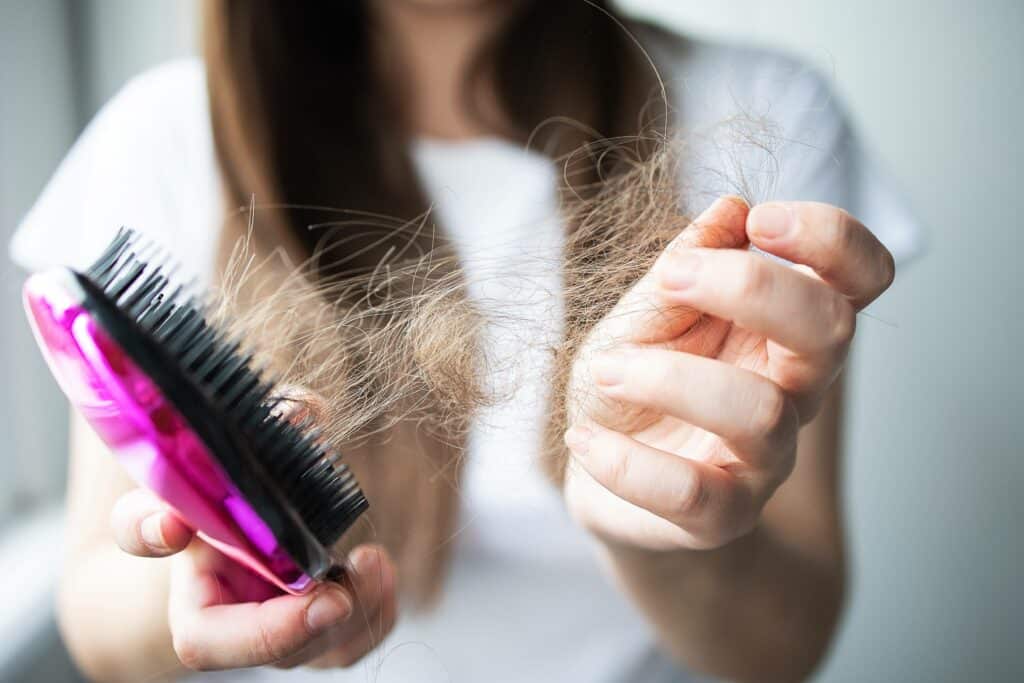Hair is a symbol of youthfulness and beauty. As such, it’s completely understandable why so many people search for ways to prevent hair loss and balding.
Most people tend to suffer from hair loss as they age, but that doesn’t mean it’s an old age issue. You might be surprised by just how many people in their teens and early twenties are already inquiring about hair loss treatments, including hair transplants.
While balding is mainly thought of as a man’s issue, women also suffer from issues related to hair loss and even balding. As such, everyone, without exception, has found themselves searching for ways to prevent hair loss.
There are several different ways to prevent hair loss and balding. These range from taking nutritional supplements to undergoing advanced PRP treatments. But do these treatments work? Are they right for you?
The answer to the first question is yes, but the answer to the second is no…
Let’s start from the “yes.” There are some treatments that have been proven effective at treating or even preventing hair loss and balding. These treatments can strengthen existing hair and promote dormant hair follicle regeneration. However, not all treatments on the market are able to achieve the same results.
When searching to prevent hair loss and balding, it’s important to consider several factors, and each treatment’s effectiveness should be sufficiently examined, as should potential side effects and recovery times. Cost should also be a consideration – in terms of value for money.
But wait – there’s more! When treating hair loss, it’s critical that the underlying reason for the hair loss be diagnosed. There are several possible reasons that could be to blame, including genetics, nutrition, stress, medications, and medical conditions.
Recommended Hair Loss and Balding Treatments
Many treatments focus on nourishing the scalp with essential vitamins and minerals. Generally, these come in the form of shampoos and hair masks. Yet, while the hair does need those vitamins and minerals, and it isn’t surprising that a lack in said nutrients causes hair loss, external nourishment doesn’t really help much. This is because only a small amount of the vitamins and minerals is able to penetrate the skin and enter the tissue. As such, these treatments can help strengthen existing hair to a certain degree, but they will not cause dormant hair follicles to regenerate.
An alternative treatment, mesotherapy, involves injecting those same vitamins and minerals directly into the scalp. Here, a larger amount is absorbed by the hair follicles; more so than if the nutrients were ingested orally, as a significant portion of the essential “building blocks” are digested in the stomach. This treatment is effective, so long as the root of the issue is a lack of vitamins and minerals. While this treatment will not be harmful in the absence of a deficiency, it won’t be helpful either.
Which Treatment Will Be Effective at Preventing Hair Loss and Balding?
We tend to prefer treatments that encourage natural hair regeneration. Hair is part of a cyclical biological system. Hair follicles are nourished with oxygen, proteins, minerals, and vitamins through the scalp’s delicate blood vessels. Together, these nutrients work to grow hair. That said, over the years and as a result of various issues, these processes become impaired. For this reason, the best strategy involves promoting the body’s own natural processes. For example, directly injecting various essential substances into the scalp.
Stem cells and growth factors that help the above natural processes take place can also be found in the body. Today, there are hair loss treatments that utilize these natural growth factors, concentrating and directly injecting them into the scalp. Namely, these treatments use the body’s own natural tools to regenerate and strengthen the patient’s hair.
Treatments based on these principles include PRP, iPRF, CGF, and PRGF. These treatments differ from one another, yet make use of similar technologies to leverage the body’s natural capabilities. What’s more, all of these treatments have been clinically proven effective for treating and/or preventing hair loss. Additionally, as these treatments utilize natural substances produced by the body, they’re all considered extremely safe.
How to Prevent Baldness – Clinically-proven Pharmaceutical Treatments
There are different types of pharmaceutical hair loss treatments. It makes sense to use these treatments for certain types of baldness and hair loss, as they can help correct the condition. However, in certain cases, it is necessary to combine multiple medications, or supplement these treatments with additional protocols, such as the plasma treatments highlighted above. This, to regenerate dormant hair follicles, lengthen the hair’s growth cycle, and obtain optimal results. Presently, two of the most commonly used pharmaceutical treatments for balding are Minoxidil and Propecia. While these treatments were not originally developed to treat hair loss, they have since been proven scientifically-effective in achieving this “accidental” goal.
Propecia – A drug developed to treat enlarged prostates. Its mechanism of action focuses on delaying the genetic component that often accompanies male and female balding. Propecia essentially blocks DHT, the “male balding hormone.” It was proven two times as effective as Minoxidil (among patients able to use the drug).
Minoxidil – Originally a treatment for high blood pressure, this drug acts to expand blood vessels and thus improve their ability to carry oxygen to the hair follicles, which, in turn, strengthen the hair roots.
Other pharmaceutical treatments include cortisone injections (steroids), which are suitable for various types of alopecia.
Note that not every pharmaceutical treatment is suited to every patient, and each comes with its share of benefits and disadvantages. As such, one should never start a pharmaceutical treatment without first consulting with a licensed physician! During the consultation, the physician considers the patient’s medical history, age, and contraindications, as well as possible positive effects and side effects on the body, and how the treatment is administered (orally or topically). Of course, the treatments’ recommended doses and uses for men and women differ as well. Additionally, factors such as previous illnesses, other ongoing pharmaceutical treatments, patient age (for fertility reasons), and others, can influence which treatments are selected, their dosage, etc.
Hair Loss Folk Remedies
Over the years, various folk remedies have been used to treat hair loss. These include rubbing honey, eggs, aloe vera, olive oil, coconut oil, and various herbs into the scalp. Some of these folk remedies are completely unfounded, while others do contain properties that could help. That said, no folk remedy has ever achieved significant results; if they would have, the hair treatment industry would never have blossomed. Folk remedies are no more effective at preventing balding than weakened versions for hair nourishing cosmetic tinctures.
What about Laser for Hair Loss?
Currently, laser treatments can be used to treat hair loss. They are based on directing low-intensity photons directly into the scalp. The theory behind this practice claims that they regenerate dormant hair follicles. Studies have examined the approach’s safety and effectiveness.
From a safety perspective, there doesn’t seem to be any cause for concern, unless you plan to use certain pharmaceutical treatments that negatively respond to light exposure. Note that this is a relatively new procedure, and there isn’t nearly enough information on its long-term effects.
With respect to effectiveness, one particular study points to low success rates. This, after a lengthy, four-month treatment process. Moreover, only 14 participants were included in the study. Additional studies must be formulated, for a definitive conclusion to be reached.
How We Prevent Hair Loss and Balding
At PRPclinic, we only use scientifically-proven hair loss and balding prevention approaches. We leverage natural methods, such as PRP, iPRF, CGF, PRGF, and mesotherapy (the injection of vitamins and minerals into the scalp). All of these treatments work to encourage the body’s natural regeneration processes. They use growth-encouraging substances that are drawn, cleansed, and concentrated from within the patient’s own blood, before being directly injected into target areas (i.e. the scalp). Note that these treatments are also used in other medical applications, promoting the same natural regenerative processes, in other areas of the body. Not only are these treatments extremely effective, but they’re also safe to use and relatively side-effect-free.
Only a small amount of blood is drawn from the patient, just like in a standard blood test. The blood is cleansed in a centrifuge, enabling the platelets and growth factors, to be concentrated. These are then injected back into the scalp to strengthen the roots of the hair and regenerate dormant hair follicles. That said, there are differences between the various treatments. The main differences are linked to the speed of the spinning process that takes place in the centrifuge. Each process and its dedicated speed enables a different component to be cleansed and a different concentration of active ingredients and growth factors to be attained.
If the need arises, and/or to achieve a more holistic goal, pharmaceutical medications can be prescribed in addition to the plasma-based treatments. This, of course, should always follow a complete and comprehensive consultation, from a licensed physician. It is neither required, nor is it necessarily recommended, for pharmaceutical treatments to be administered. Keep that in mind during your consultation.
During the consultation, the physician shares the various relevant treatment options with the patient. They go over the treatments’ benefits, disadvantages, and effects. This way, the patient can make an informed decision on which treatment to choose, to obtain their ideal results.
These protocols can be used to treat a wide variety of issues resulting in hair loss and balding – for men and women alike. That said, they are not suited to every single case and condition. Your first move should be to book a professional consultation at our clinic. We’ll determine whether you’re a match for one of the treatments, assess whether your balding is reversible, and recommend your next steps.
Hair Loss Treatments Do Exist!
Looking for a way to prevent hair loss and balding? At the end of the day, there are many treatments on the market, and we have the precise solution for your hair care, right here. We know that hair loss can arouse unpleasant feelings, upend your sense of self, and harm your quality of life. We want you to stop shamefully walking around with a hat on. Visit our clinic to discover which treatment best suits your hair loss needs, so we can help you fight hair loss, head-on.
For a FREE phone consultation, call us at:
058-4664664

